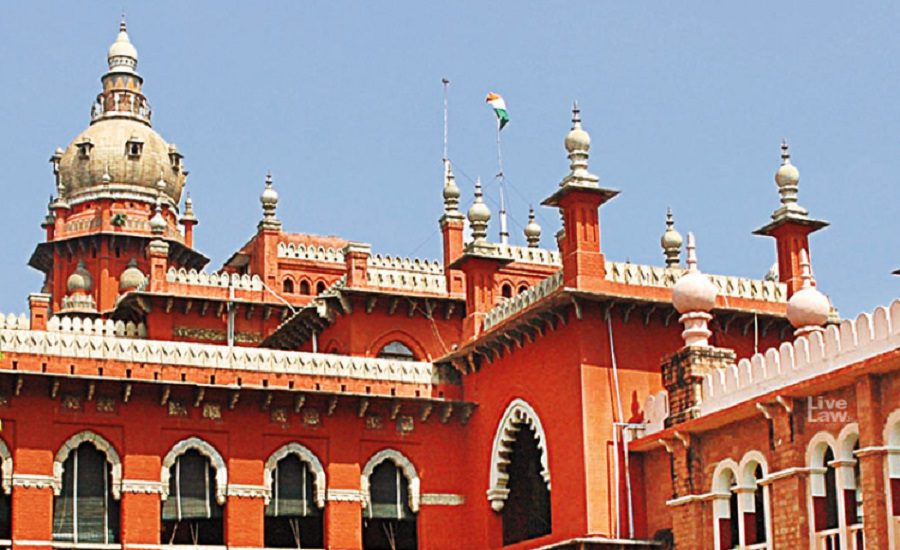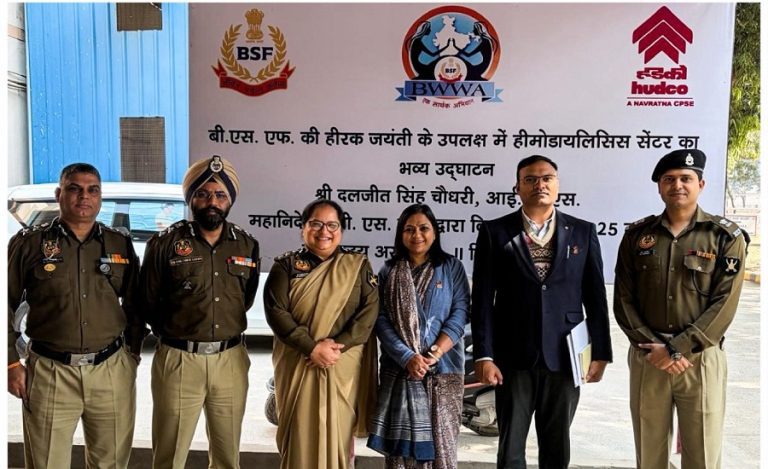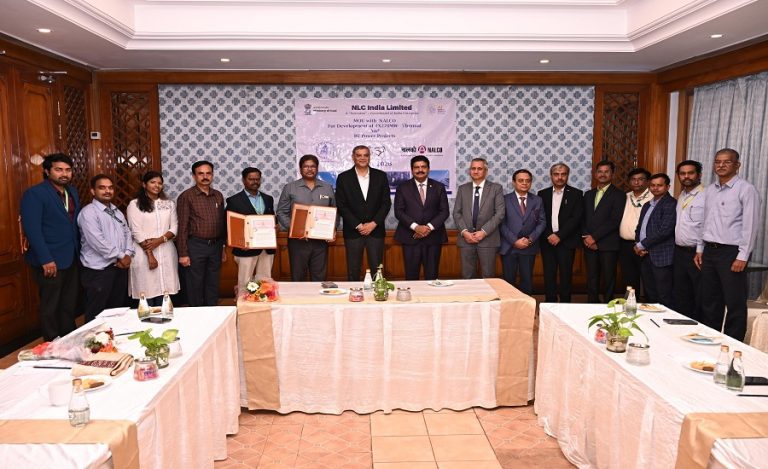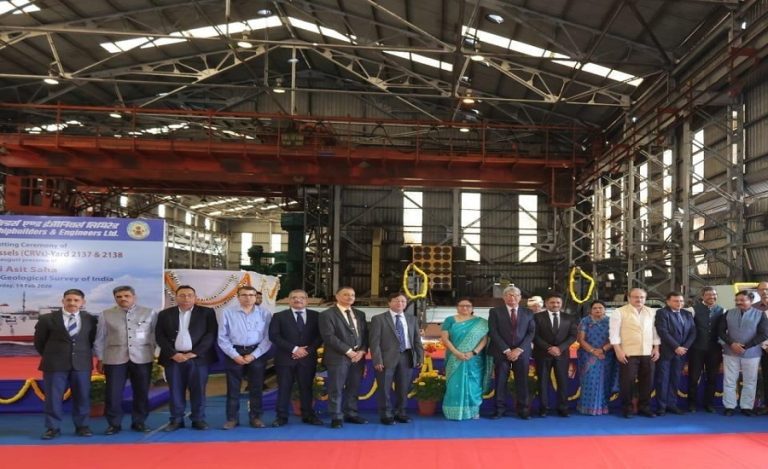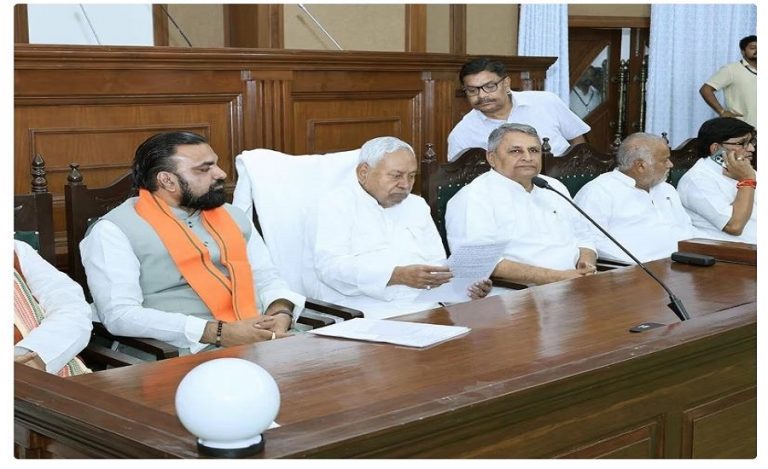Chennai: In a sharp rebuke to what it termed an unwarranted legal intervention, the Madras High Court on Thursday dismissed a Public Interest Litigation (PIL) petition challenging the appointment of four senior IAS officers as official spokespersons for the Tamil Nadu government, and imposed a cost of ₹1 lakh on the petitioner.
The First Division Bench, comprising Chief Justice Manindra Mohan Shrivastava and Justice Sunder Mohan, refused to admit the PIL filed by advocate M. Sathya Kumar of Selaiyur, Chennai, stating that the plea was devoid of any legal merit and interfered unnecessarily in the State’s administrative prerogatives.
Bench Finds No Violation of Law in Appointments
The PIL had questioned the recent appointment of senior IAS officers J. Radhakrishnan, Gagandeep Singh Bedi, Dheeraj Kumar, and P. Amudha as spokespersons for the Tamil Nadu government.
However, the court found that the appointments were administrative decisions made by the State government, not the ruling political party, and therefore did not infringe upon any constitutional or statutory provision.
“The appointment was made at the behest of the State government and not the ruling party,” the bench observed, adding that there was no violation of law or misuse of official position.
Petitioner Questions Political Neutrality
The petitioner’s counsel had argued that IAS officers must remain politically neutral and alleged that appointing them as spokespersons would result in indirect involvement in political activities, especially if they are used to highlight the ruling party’s achievements.
The advocate also contended that:
The appointment was announced via a press release, without a formal Government Order or mention of Governor’s approval.
There was no indication that the Council of Ministers had been consulted.
This was a first-of-its-kind move, and hence should be subject to constitutional scrutiny to prevent future misuse.
Despite these arguments, the court found no constitutional or procedural impropriety, and stated that the intent behind the petition appeared speculative rather than grounded in substantive legal principles.
Court Deems the PIL an Abuse of Process
Labeling the petition as “misconceived” and an “abuse of the PIL jurisdiction”, the court imposed exemplary costs of ₹1 lakh on the petitioner. The judges made it clear that the judiciary cannot and should not intervene in routine administrative affairs unless a clear violation of law or public interest is established.
Implications of the Verdict
The ruling reinforces the judiciary’s stance on:
Preserving the separation of powers between administrative decisions and judicial oversight.
Discouraging frivolous PILs that may burden the court and dilute the PIL mechanism intended for genuine public causes.
Acknowledging the authority of the State government in deciding how to manage its communication strategies, especially during crises or major policy rollouts.
read also: TN DGP Appointment: Madras High Court Seeks State’s Reply on PIL Alleging SC Guidelines Violation

